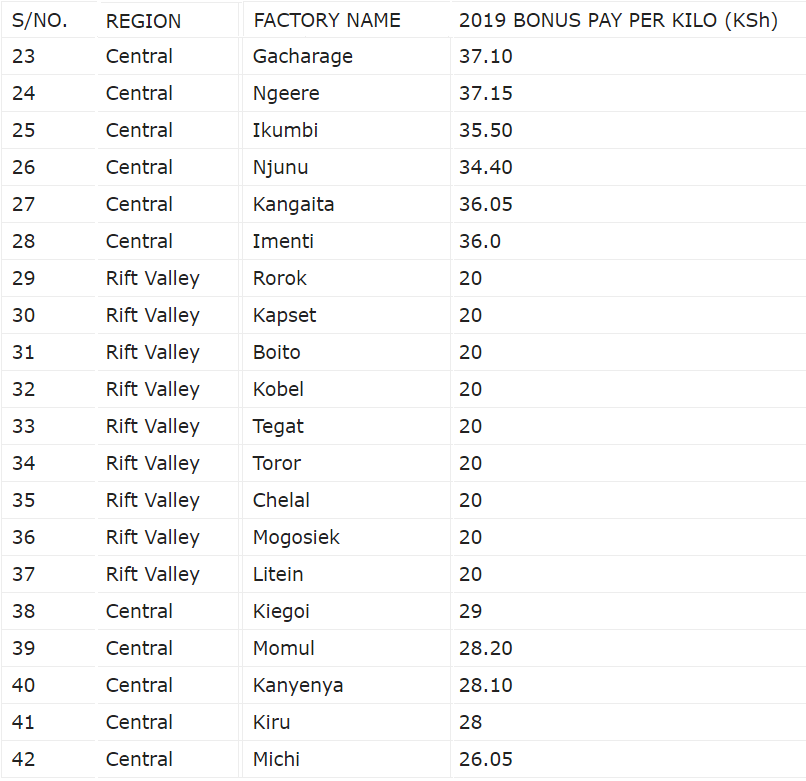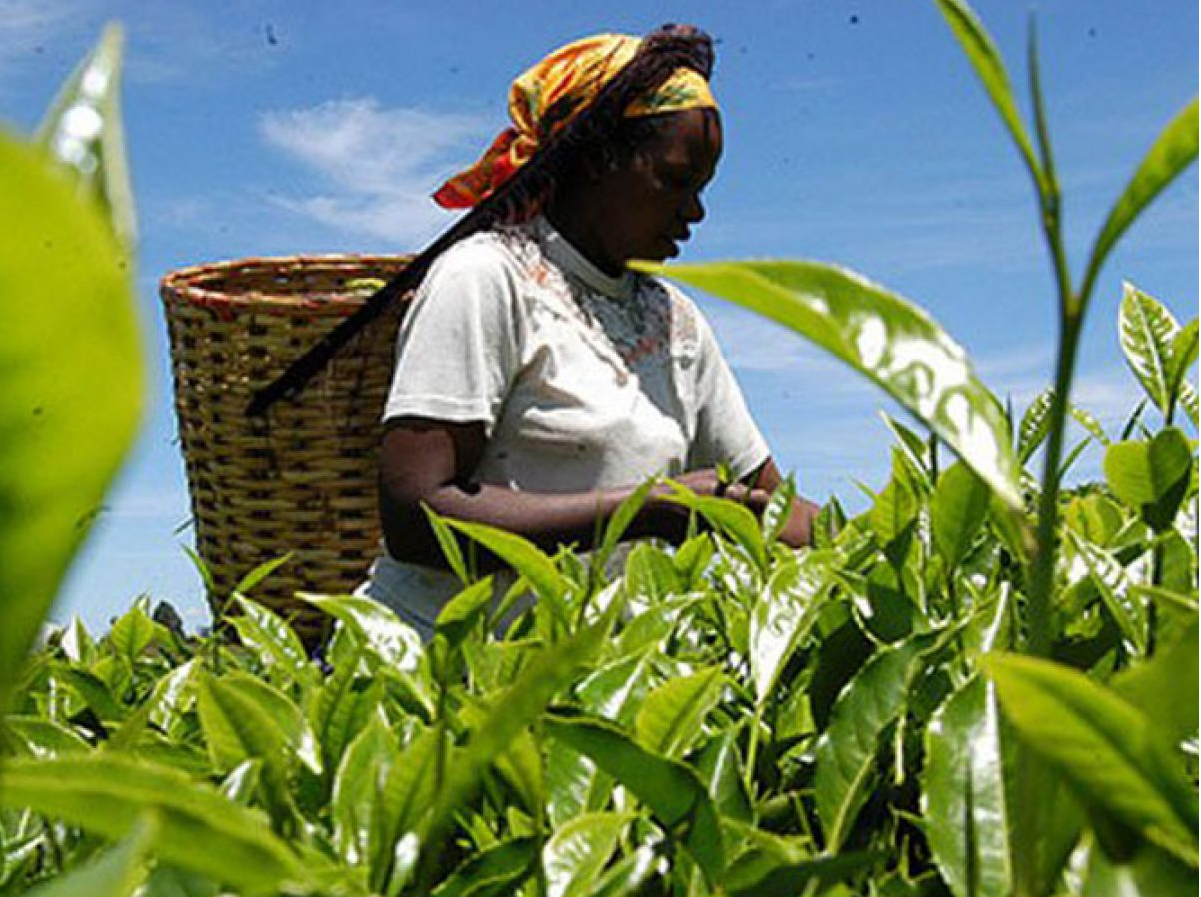Kenya’s cash crop farming has lost its glamour as farmers decry dwindling fortunes, abandoning it for better alternatives. From pyrethrum, coffee and now tea, the Kenyan farmer is beleaguered losing hope in the crops they once depended on for their survival.
In May this year, a man in Nyeri was recorded uprooting tea bushes and complaining about the hard economic times Kenyans were going through. In the video clip, the 31-year-old Michael Githaiga addressed President Uhuru Kenyatta telling him that tea farming was no longer feasible.
He accused the government of frustrated the mwananchi despite the promises they made during their campaigns for re-election.
Githaiga expressed despair that despite having the tea farms for 30 to 40 years, the earnings had continually declined especially in the UhuRuto regime.
The farmer said that the farmers’ sweat was being wasted in paying salaries for the bloated leadership leaving nothing for the farmers.
In Western Kenya, small-scale tea farmers are abandoning the crop’s farming as returns decline.
Farmers in Kakamega and Vihiga counties have shifted their attention to focus on alternative income sources replacing the beverage cash crop.
Those who own small farms have been uprooting their tea bushes to farm other food crops and animals.
Among the most preferred activities include horticulture, poultry and dairy farming and the farmers could have made the right choices forcing their county government to pledge financial support in trying to revive tea farming in the region.
Tea is mainly grown in parts of Khwisero, Ikolomani and Shinyalu and Governor Wycliffe Oparanya is upbeat about tea farming in the county.
Despite the promises made last year, nothing much has come out of it.
Deteriorating coffee farming in Kenya
In March this year, President Uhuru Kenyatta announced that his government had set aside a Ksh 3 billion cherry fund kitty to benefit farmers.
Through the kitty, the farmers would access the funds at an interest of 3 per cent per annum starting July this year.
This is yet to materialise.
Despite numerous revival efforts, Kenya’s coffee sector has been struggling. In the past 20 years, Kenya’s coffee has seen a 66% production drop.
In 1988, Kenya produced 130,000 tonnes which dropped to 45, 000 tonnes in the 2016/2017 season.
At the time that Kenyatta announced the fund, Agriculture and Irrigation Cabinet Secretary Mwangi Kiunjuri said that his ministry was exploring policy solutions which could enhance coffee farming in Kenya.
He said that among the proposed measures to help improve the sector were co-branding with recognized coffee brands, ensuring product loyalty and enhancing healthy domestic markets.
Kiunjuri added that adopting climate-smart practices for more coffee production among coffee farmers was also among the options.
The president urged Kenyans to increase domestic consumption to improve the fortunes of the sector.
But is this the silver bullet to bringing back a sector that has been brought to its knees by corruption?
What is killing Kenya’s cash crop farming?
Despite the continuous promises by consecutive governments to empower farmers, this has not been beneficial leaving the farmers in limbo.
The politicians have time and again used farmers as an agenda to propel them into office and then forget all about them until the next campaign season.
In a country that is in perpetual politicking without questioning the integrity and performance of the elected officials, farmers end up suffering the most.
Every political season, the politicians fool voters and the farmers get the shorter end of the stick every time. This is what ails Kenya’s cash crop and the entire agricultural sector.
If Kenyans could question their politicians and vote them based on policies they implement, then the incessant complaints could end.
Political maturity is what will help Kenyans move from being just being farmers to become agripreneurs.
Reduced bonuses and calls for KTDA dissolution
Murang’a which is one of the worst affected tea producing zones has seen a section of its legislators call for the replacement of senior KTDA officials.
The four MPs, Ndindi Nyoro (Kiharu), Mary Waithera (Maragua), Peter Kimari (Mathioya) and Kandara’s Alice Wahome accuse the KTDA leadership of failing to support the welfare of tea farmers.
In addition, the MPs say the top KTDA officials are sleeping on the job failing to give strategies that could benefit tea farmers.
Murang’a saw more than a 30% reduction in bonuses this year hitting hard those with loans to service.
KTDA has blamed the reduced bonuses on conflict in Pakistan and Sudan. The two countries are the major buyers of Kenyan tea.
The figures below show how each factory was affected by the bonus reduction:














Leave a comment